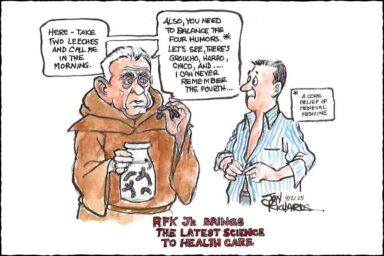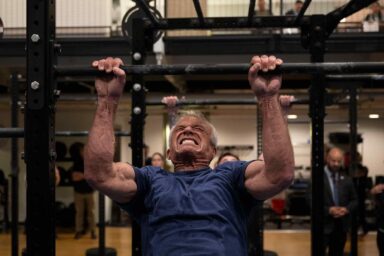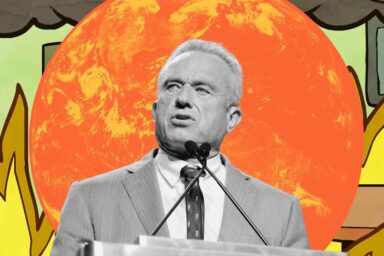This Week in Pandemic: Who ‘Deserves’ Vaccines?
Welcome to WhoWhatWhy’s weekly COVID-19 roundup. There’s a lot of virus coverage out there, so this feature will give you a dose of the latest news.
It has been well over a month since the US began shipping and distributing coronavirus vaccines, and the process has been fraught with conspiracy theories and transgressions. This past week, maskless anti-vaccine protesters arrived at Dodger Stadium in Los Angeles, disrupting the site’s vaccination process for about an hour. They were said to be made up of members of far-right groups and Trump supporters, united by their belief in a “scamdemic,” for which vaccines are apparently unnecessary.
A Pandemic for the Rich
But a real vaccine scam occurred when a wealthy, white, Canadian couple flew to the Yukon Territory and posed as motel workers to receive vaccines intended for indigenous elders living in the community. They didn’t even isolate themselves for 14 days, meaning that they not only took something that wasn’t intended for them — they actively endangered the people around them while doing so.
The Canadian couple is not an outlier in the elite’s stampede to get vaccinated. People have accessed vaccines through connections to government officials and the healthcare industry — while not being on the frontlines themselves. Hollywood stars and wealthy Los Angeles residents have attempted bribes, used their status as hospital donors, and flown across the country in their attempts.
Vaccinations, Sorted by Color
If it isn’t clear why these actions are egregious, here’s a breakdown: From the beginning of quarantine, the onset of COVID-19 in America has been characterized by a clear unveiling of the inequities that many people in this country face. In a data analysis, the CDC reports that non-Hispanic Black people, Hispanic/Latinx people, and Native Americans are almost three times more likely to die from the virus than white people. Furthermore, 71 percent of Black Americans have reported that they know someone who has been hospitalized or died from COVID-19, while a significantly lower number (49 percent) of white Americans report the same. It should be noted that these deaths aren’t solely due to inequity, but also due to racism in health care, which is related to inadequate pain treatment, higher infant mortality rates, and lower hospital admission rates for Black people.
Many at-risk groups haven’t had a chance to receive a vaccine. This is because, so far, vaccine distribution in the US has not adequately matched its need in vulnerable populations, and communities with a majority of people of color have been left out of some of the early vaccine rollouts. One such story was even trending on Twitter, as some Dallas County officials fought against prioritizing distribution in neighborhoods with predominantly Black and Latinx populations, despite the fact that wealthier, whiter neighborhoods in the county had received most of the vaccines available at that point.
Crossing the Desert
Access to vaccinations requires “substantial time, technology, and trust,” which are more available to some people than others. Lower-income people may not have internet access to make an appointment to be vaccinated, and even if they can make an appointment, they may not be able to take time off from their jobs to get the vaccine when appointments are available. The people in these communities may live in a “health desert,” meaning they have to travel even farther to receive health care.
Officials need to provide vaccines for people in vulnerable communities, not only for reasons of equity, but also because it makes good public health sense. As California state Sen. Richard Pan (D) put it in a Sacramento Bee article: “There’s certainly a social justice part about this. People in these communities are more likely to get sick and die of the virus. We need to recognize that. … But for the rest of us going, ‘Why are these people at the front of the line?’ that will actually do more to save you than anything else as well. It’s not just that they will benefit more. It’s better for all of us.”
Related front page panorama photo credit: Adapted by WhoWhatWhy from Navy Medicine / Flickr.



